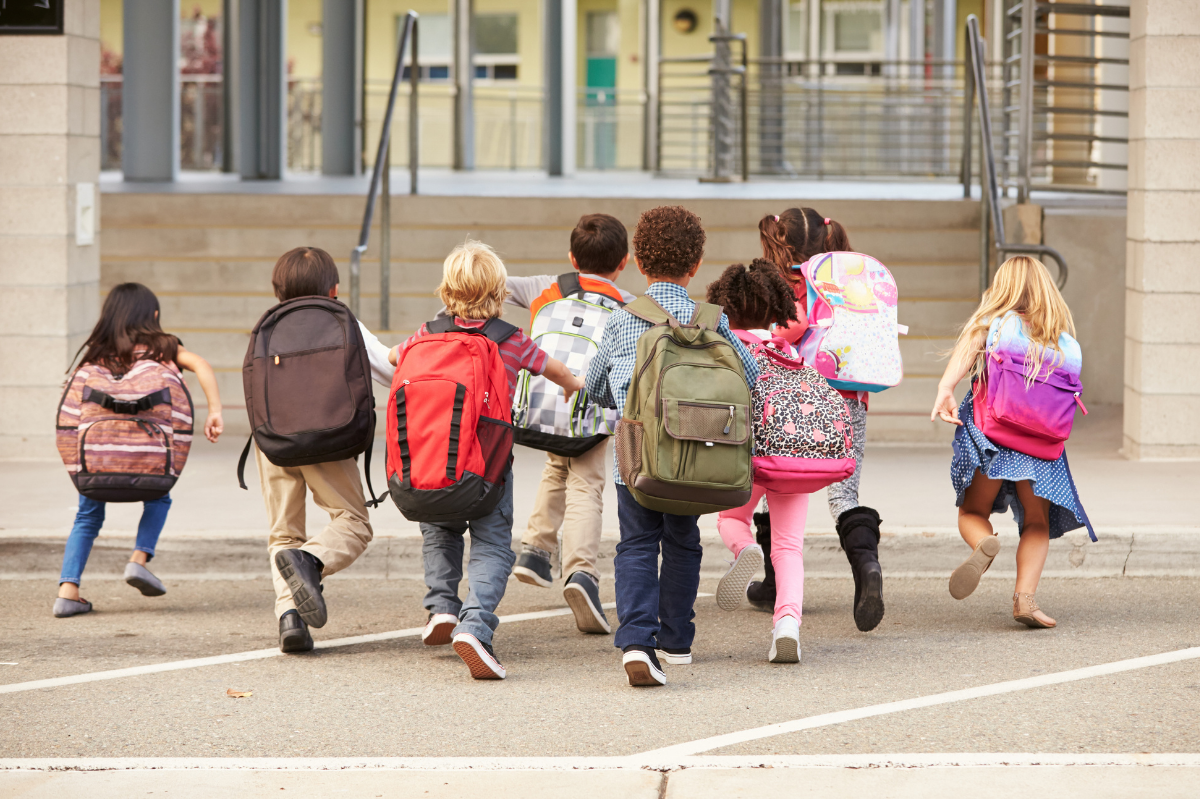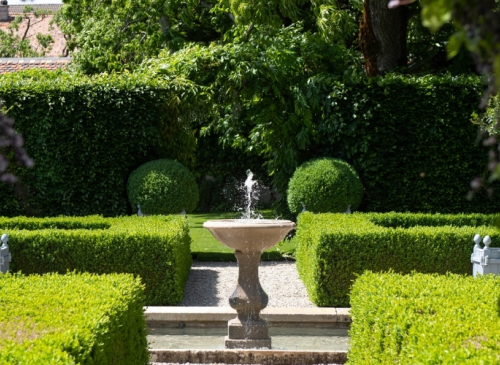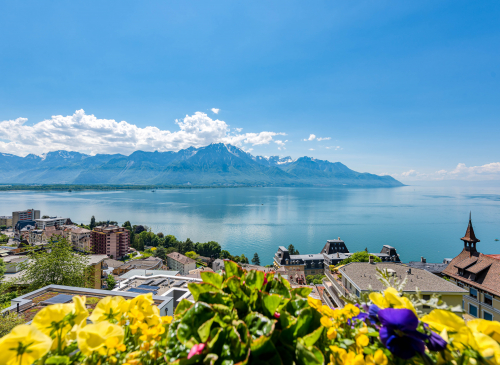In the Swiss tradition since the late 19th century, private schools have held a very important place in French-speaking Switzerland. While the national average of pupils enrolled in this category of schools is around 5%, this figure rises to 10% in the French-speaking part of the country and up to 16% in Geneva, the international city par excellence.
This success can be explained by several factors. Firstly, thanks to the quality of education, inherited from renowned educators such as Johann Heinrich Pestalozzi and Rudolf Steiner. Secondly, due to Switzerland’s political and economic stability. And finally, because of the privileged location of its territory, at the heart of Europe, perfectly integrated into the international network.
The Romand School System
The Swiss school system enjoys an excellent reputation internationally. In French-speaking Switzerland, the HarmoS curriculum governs schooling, which is divided into three main stages:
-
From ages 4 to 12, pupils follow primary education, covering Years 1 to 9.
-
Between 12 and 15 years old, lower secondary education (Secondary I) prepares pupils for entry into college, gymnasium, or lycée.
-
Finally, from 15 to 18 or 19 years old, pupils undertake upper secondary education (Secondary II), which leads to the attainment of a Maturity Certificate or Baccalaureate after 3 or 4 years.
Obtaining this final diploma allows entry to university. It is therefore essential that pupils benefit from schooling of excellent quality.
A Network for Life
There are more than one hundred private schools in French-speaking Switzerland. While this substantial offer is welcome, it can also be difficult to navigate when it comes to choosing where to educate your children. It is therefore recommended to consider various criteria depending on your goals: the type of school (boarding or day school), the diplomas awarded, the subjects taught, the timetables in place, and the geographical location. Knowing the environment in which your children will spend time, often for several years and sometimes far from home, is also vital information. Private schools are wonderful places for learning, but they are also where strong friendships are formed and networks are built for life.
How to Choose Wisely?
The type of diploma awarded is certainly a factor to consider. In Switzerland, the Maturity Certificate is by far the most common. However, many private schools offer equivalent diplomas, such as the French Baccalaureate, the International Baccalaureate, the German Abitur, the British A-Level, or the American High School Diploma. Entry to university with these diplomas is nevertheless subject to minimum grade requirements. It is therefore necessary to research this carefully in order to choose the curriculum best suited to your child.
Education is a crucial factor in deciding where to live. Proximity to a private school can play an important role in your decision. A journey that is too long can have a negative impact on the life of a child or teenager and cause constraints for parents. Knowing which schools offer private bus transport is therefore essential information.
To find a property that matches your expectations and needs, particularly regarding education, our brokers offer personalised support tailored to your situation.
From Geneva to the Vaud Riviera, and including mountain establishments, we offer below an overview of some of the best private schools in French-speaking Switzerland. This panorama will help guide your choice of a residential community.
THE MAIN PRIVATE SCHOOLS IN SWITZERLAND

In the Canton of Geneva
Collège du Léman
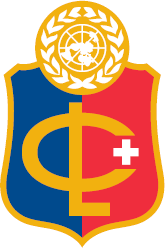
1900 students from over 100 different nationalities can follow bilingual courses; welcome to Collège du Léman! It was founded in 1960 by Francis Clivaz to meet the demand from wealthy expatriates moving to the region. The school is accredited by the European Council of International Schools and the New England Association of Schools and Colleges (NEASC), and enjoys an ideal location on the right bank, straddling the cantons of Geneva and Vaud.
Modelled on English boarding schools, the Collège du Léman campus covers ten hectares and offers accommodation as well as numerous sports and leisure facilities. It notably includes two sailing boats for trips on the lake, three tennis courts, an archery range, a football pitch, a professional fitness centre, a dance studio, and much more.
Institut Florimont

Located in Petit-Lancy, Institut Florimont offers a complete academic pathway from nursery to secondary education (French Baccalaureate, Cantonal Maturity, and International Baccalaureate). Founded in 1905 by the Congregation of the Missionaries of Saint Francis de Sales, the institute offers a bilingual curriculum with a strong emphasis on language learning, including German, Spanish, Chinese, and more. Institut Florimont boasts several sports facilities: a football complex with three pitches, an athletics track, and dedicated halls for gymnastics, fencing, judo, as well as a multipurpose hall. Access to these facilities ensures a well-rounded education, both academic and physical.
The school welcomes students from around the world. Highly reputed in the region, it benefits from an efficient bus service.
Institut International Lancy
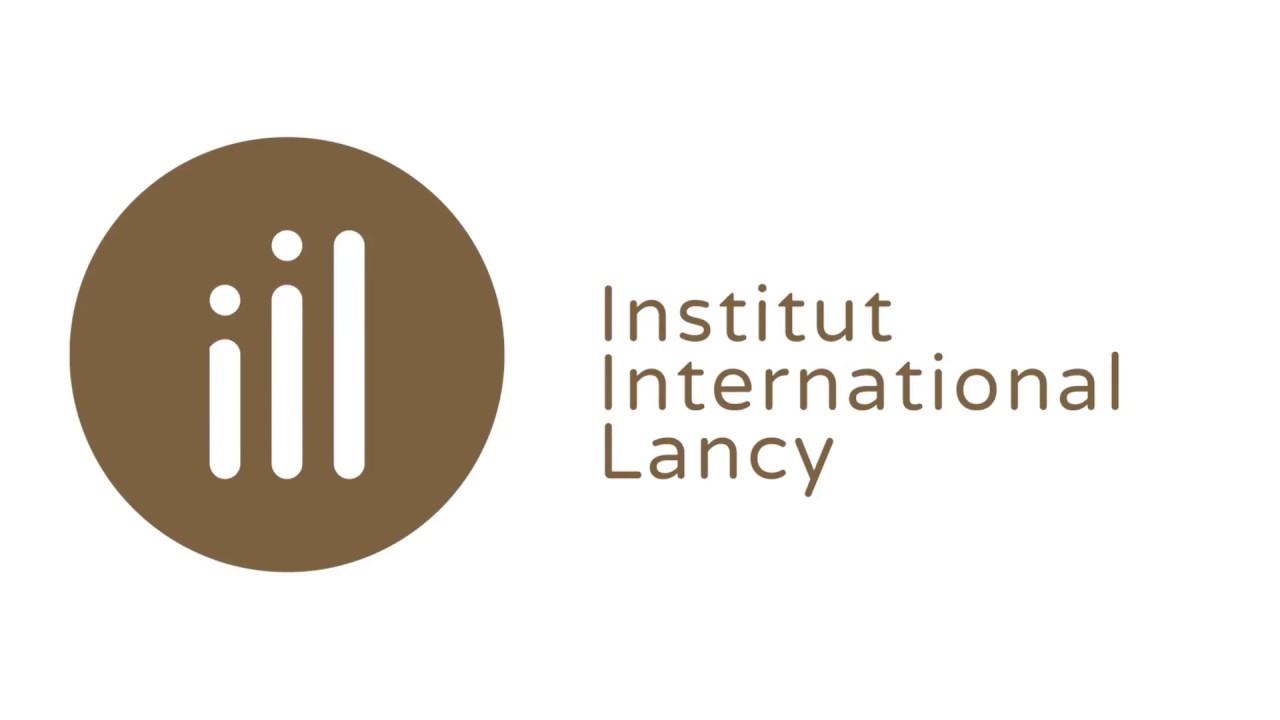
Based on a very traditional educational model, Institut International de Lancy welcomes students from ages 3 to 19 and offers a bilingual curriculum. Founded in 1903, the school was originally established for female students from across Europe. It underwent significant development from the 1950s onwards, becoming co-educational and broadening its academic scope. Today, the institute provides a comprehensive education covering the humanities, sciences, arts, social development, and physical education, all within a multicultural environment. Respect for students – and equally for teachers – is a core value deeply rooted in the school’s ethos.
Lycée Rodolphe Töpffer
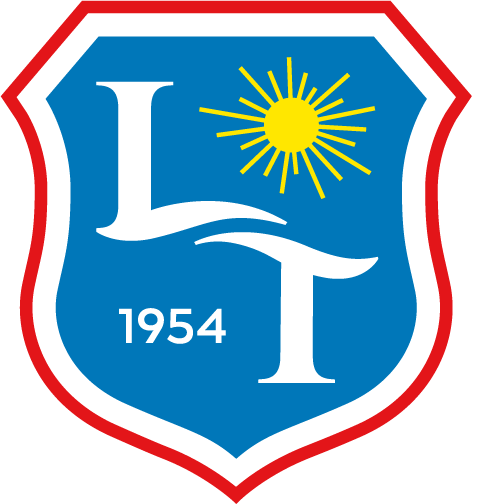
This French secondary school, founded in 1954, offers education for children from the age of 9, either as day pupils or boarders. 220 students from diverse backgrounds come together daily within the school. A personalised and family-oriented environment supports and guides them as they prepare to enter the orientation cycle, secondary school and universities of applied sciences (HES) in Geneva, or French secondary schools and sixth forms.
A traditional and structured approach to teaching is encouraged. Numerous languages are included in the curriculum or offered as optional subjects.
Moser Schools

Highly regarded throughout French-speaking Switzerland (with campuses in Geneva and Nyon) and even beyond (they have a branch in Berlin for German language teaching), the Moser Schools were founded by Henri Moser in 1961 and welcome more than 1,500 students. A favourite among Geneva families, the schools offer both the Swiss Maturity and the Geneva Cantonal Maturity qualifications.
The Moser Schools apply an approach known as dynamic learning. Knowledge is actively acquired, with the teacher guiding the student through their education by encouraging critical thinking and helping them ask the right questions.
The International School of Geneva (Ecolint)

Founded in 1924, the International School of Geneva (Ecolint) operates across three campuses, welcoming 4,450 students. La Grande Boissière is located in the heart of Geneva, while the Campus des Nations is close to all the major international organisations. La Châtaigneraie, meanwhile, is situated in Founex, in the canton of Vaud.
Institut Notre-Dame du Lac
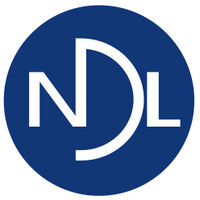
Located in Cologny, just a stone’s throw from Geneva, the private school Notre-Dame du Lac offers a warm and stimulating learning environment for pupils from kindergarten to lower secondary. It provides personalised and rigorous teaching, combining academic excellence with personal development. The school welcomes both Swiss and international children as day pupils and prepares its students to successfully transition to secondary schools and grammar schools. With a dedicated teaching team and small class sizes, Notre-Dame du Lac emphasises close support that fosters self-confidence and a strong work ethic. In addition to the academic programme, pupils take part in various cultural, sporting, and artistic activities, all within a safe and globally minded environment.
In the canton of Vaud
Unlike in Geneva, where private schools are mostly day schools, the canton of Vaud benefits from its proximity to nature and the mountains by hosting many boarding schools, often located at higher altitudes.
Vinet School
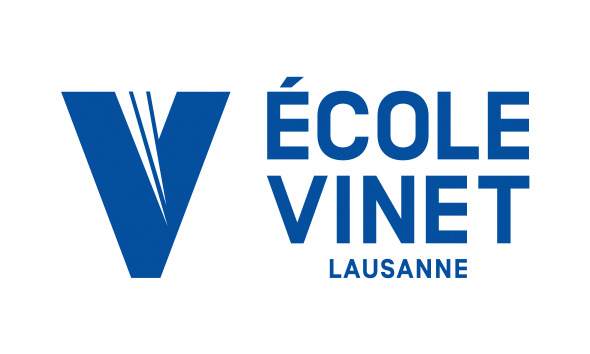
Founded in 1839 in the heart of Lausanne, École Vinet bases its programme on integrating students coming from abroad or other cantons. It welcomes children aged 10 to 16, with teenagers preparing for entry into public grammar schools while also being actively supported in their search for apprenticeships. Each child is assessed upon arrival to enable appropriate placement and ensure a gradual transition to the demands of the Swiss school system. Classes of 10 to 18 pupils provide a caring and stimulating learning environment that encourages steady progress. Some subjects are offered in advanced English to maintain a high linguistic level for English-speaking students. Additional German lessons complement this learning. The grades and skills attained at École Vinet are easily recognised when transferring into the Vaud school system, ensuring a smooth pathway without repetition or loss of academic level.
Le Rosey

Le Rosey is one of the oldest private institutions in Switzerland. Founded in 1880, the school welcomes its 420 boarding pupils in Rolle from spring through autumn. From winter onwards, teaching moves to Gstaad, where Le Rosey has a second campus. This splendid and ideal setting offers not only beautiful landscapes and excellent sports facilities but also a more personal aspect, as pupils whose families own chalets in the region can reunite during the holidays. The institute provides a multicultural and supportive environment, placing a strong emphasis on sport and music, as well as the teaching of foreign languages. With a highly international reputation, its former pupils – known as Roséens and Roséennes – enjoy privileged connections long after completing their studies.
Aiglon College
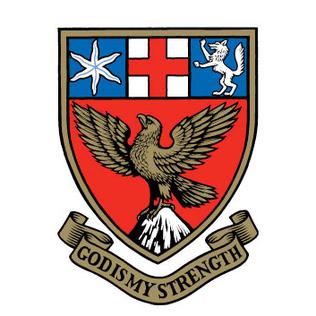
Situated in the village of Chesières, within the municipality of Ollon, Aiglon College was founded in 1949 by the British architect John Corlette. Reflecting its origins, the school prioritises teaching in English based on the British national curriculum, preparing students for GCSE, IB, or SAT exams. Non-native English speakers are warmly welcomed and receive specialised support to help them pass Cambridge and IELTS exams. The school, offering both boarding and day options, caters to 370 pupils aged 9 to 18 from over 60 countries.
The school naturally benefits from its location in the heart of the Vaud Alps, with a strong focus on sports and a variety of outdoor activities, such as drawing classes and mountain hikes accompanied by experienced guides. It also fosters its close connection to nature and its breathtaking view of Mont Blanc through Summer Schools held every year.
Beau-Soleil Collège Alpin
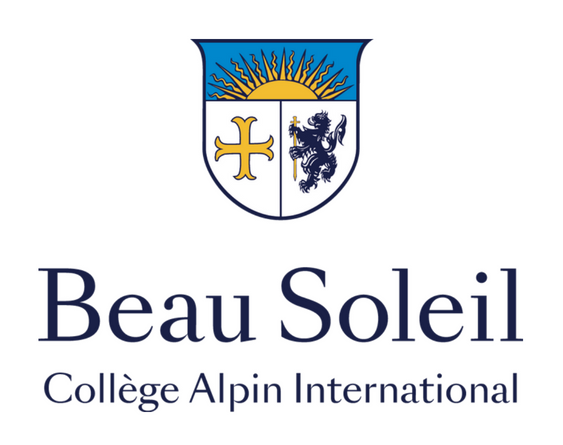
Alongside Le Rosey, it is one of the oldest private schools in Switzerland. Founded in 1910 by the De Meyer family in a chalet in Gstaad, Collège Alpin Beau Soleil moved in 1920 to Villars-sur-Ollon to benefit from the village’s abundant sunshine and the temperate climate moderated by Lake Geneva. It now accommodates 260 boarding pupils aged 11 to 18 from 57 different nationalities.
Collège Alpin Beau Soleil offers its students the opportunity to follow the International Baccalaureate in French, English, or bilingually.
With small class sizes and a wide range of exciting experiences both inside and outside the classroom, an education at Beau Soleil is unique and enriching. A member of the Nord Anglia Education group since 2011, the school enjoys links with prestigious institutions such as The Juilliard School in New York and MIT.
Collège Champittet
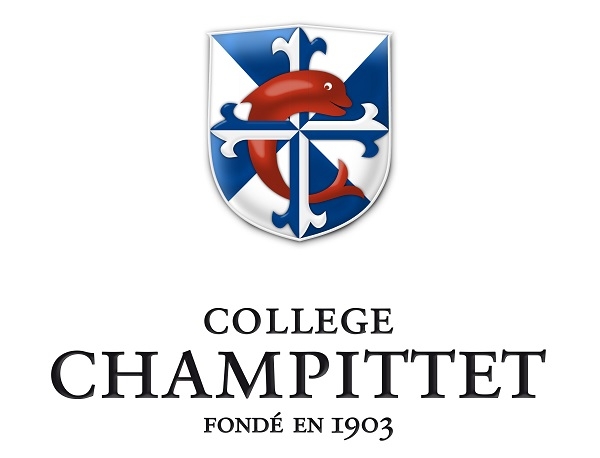
Founded in 1903 by Dominican fathers, Collège Champittet was originally dedicated to the Catholic education of boys. Open to girls since 1984, the school has its campus in Pully (kindergarten, primary and secondary classes), near Lausanne. Due to its religious tradition and Francophone education model, the school is predominantly attended by pupils from Switzerland and France.
The school offers a bilingual curriculum (French-English) as well as a programme for non-French-speaking students. A member of the Nord Anglia Education group since 2009, the college provides its secondary pupils with a choice of programmes: the French Baccalaureate, the International Baccalaureate, or the Swiss Maturity. Like Collège Alpin Beau Soleil, its students benefit from partnerships with prestigious institutions such as The Juilliard School in New York and MIT.
Monte Rosa
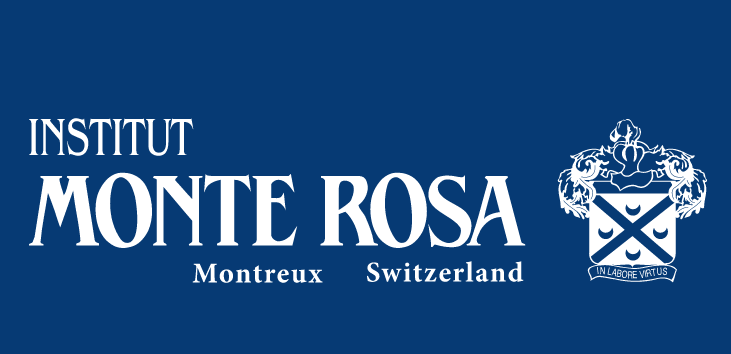
Institut Monte Rosa has welcomed its students in Montreux, in a beautiful 19th-century manor, for nearly 150 years. It offers personalised teaching in small classes (between 2 and 10 pupils), ensuring each student receives high-quality individual support. This strengthens the bonds between students and teachers, and open dialogue is strongly encouraged.
By the end of their studies, pupils will have acquired the intellectual, cultural, and social skills needed to face their future adult lives with confidence.
Chantemerle School

Established in 1966 in Blonay, École Chantemerle is still managed by the Wegmüller family, its founders. Nestled in nature overlooking Lake Geneva, its warm, family atmosphere provides a reassuring and personalised environment for its pupils. This private and independent school welcomes Swiss and international students aged 6 to 18, as boarders or day pupils, offering full academic year programmes, immersion stays, or holiday camps.
Complementary to the Swiss public system, the teaching prepares students for the public gymnasium entrance exam at the end of Year 11 (Vaud, Fribourg, and Geneva) or for apprenticeships. Accredited by the Cambridge International Examination Board, Chantemerle offers an international English programme for pupils aged 11 to 18.
Verbier
Verbier International School
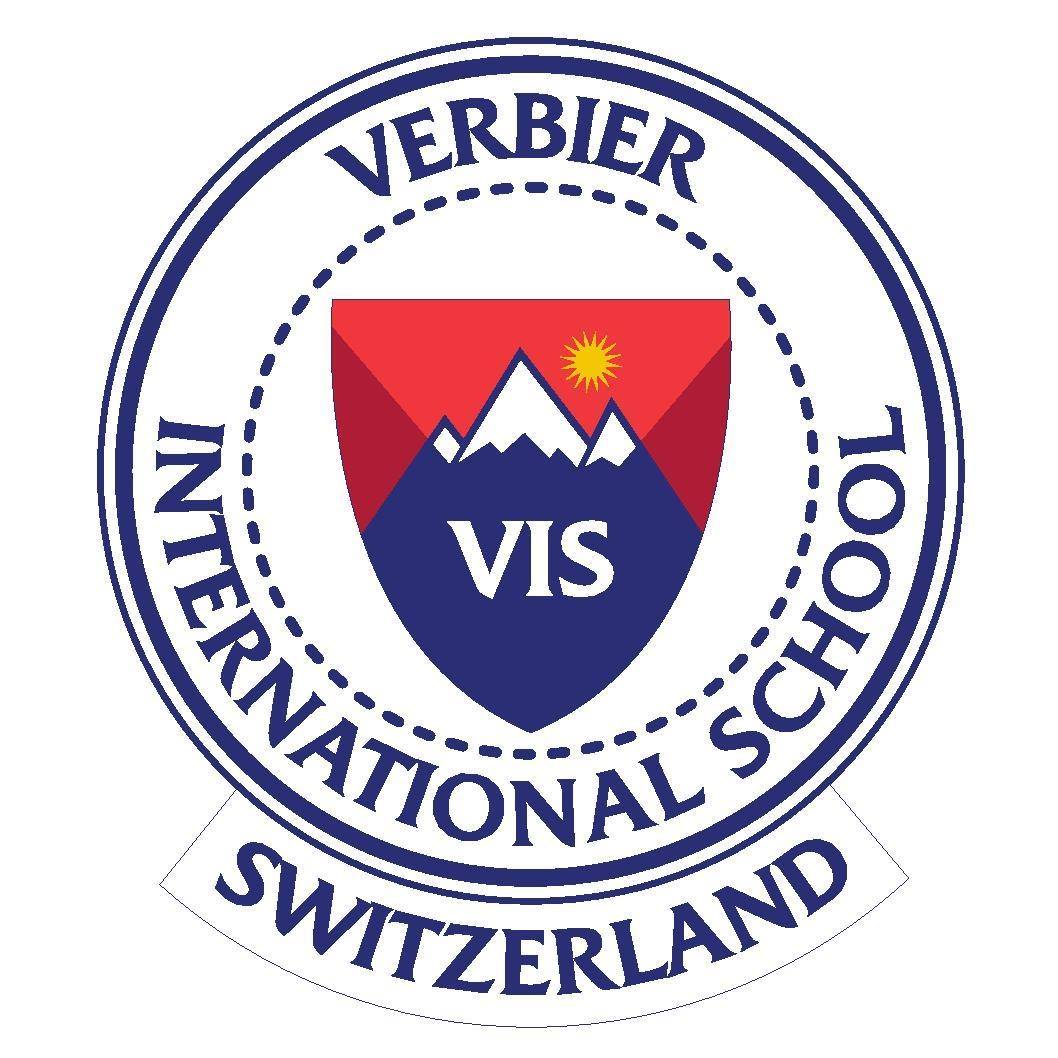
Verbier International School, established in 2010 in the charming village of Verbier, offers bilingual education in French and English for children aged 3 to 16. The school is known for its friendly atmosphere and student-centred approach, providing attentive support and adapting to individual needs. The programme combines the Swiss and British curricula, offering great flexibility to prepare pupils for various future pathways.
The school attracts both local families and international communities, creating a rich multicultural environment. In addition to academic lessons, pupils benefit from an ideal natural setting for outdoor activities, notably skiing, which is an integral part of school life. With a moderate size and a dedicated teaching team, VIS ensures a stable and supportive environment where every pupil can thrive.
Editor: Emmanuel Grandjean – June 2025
